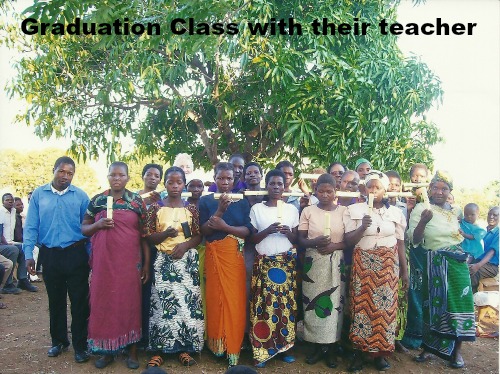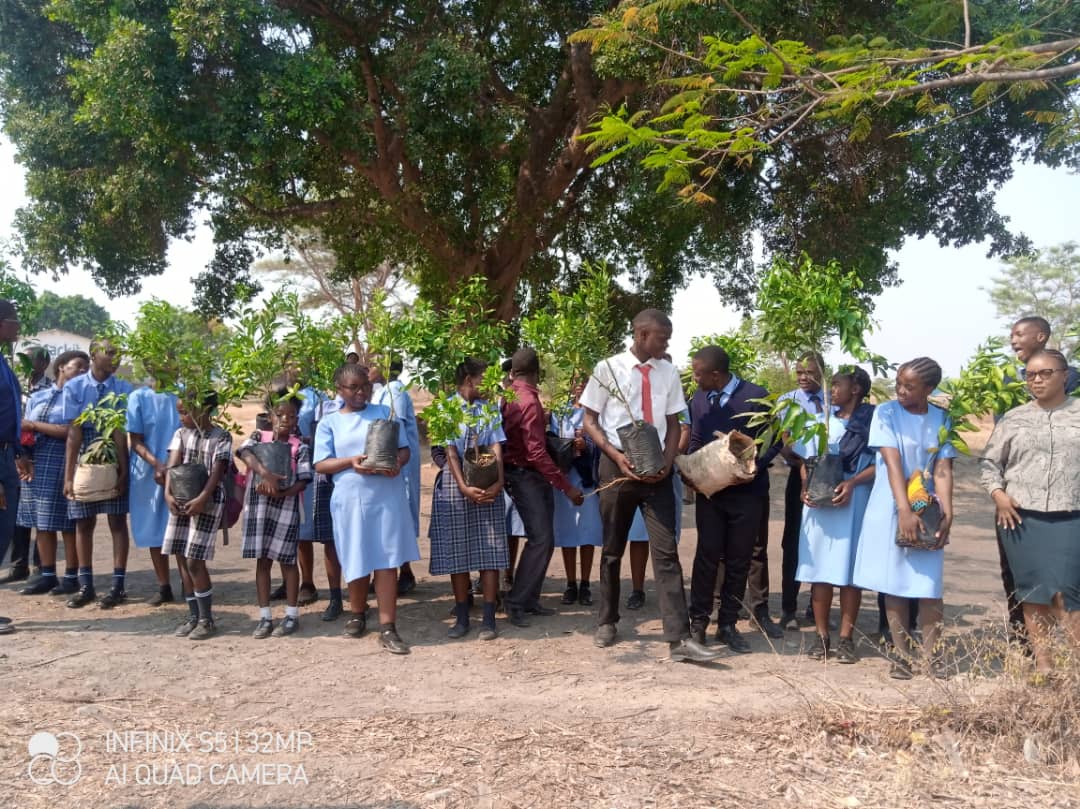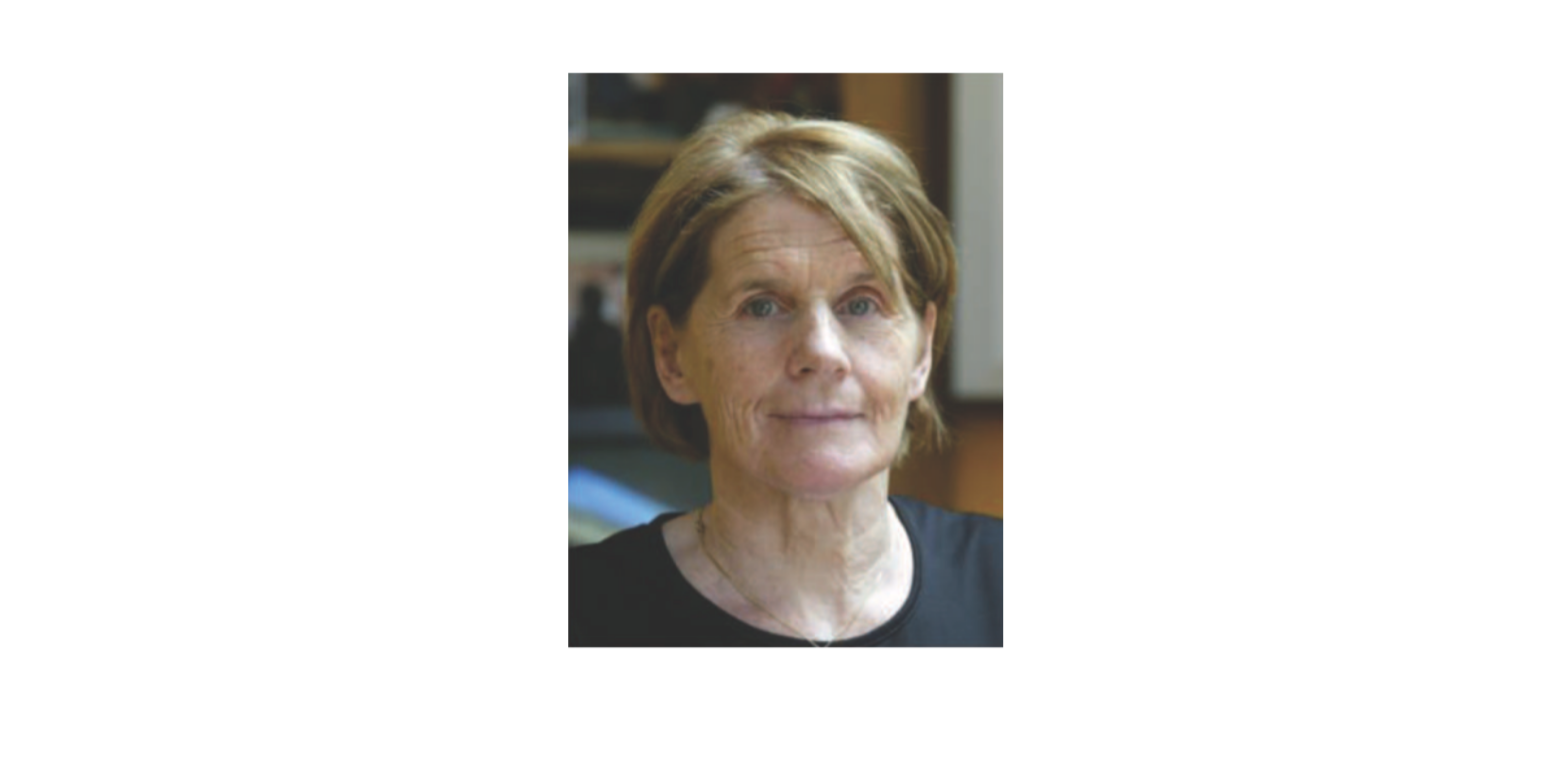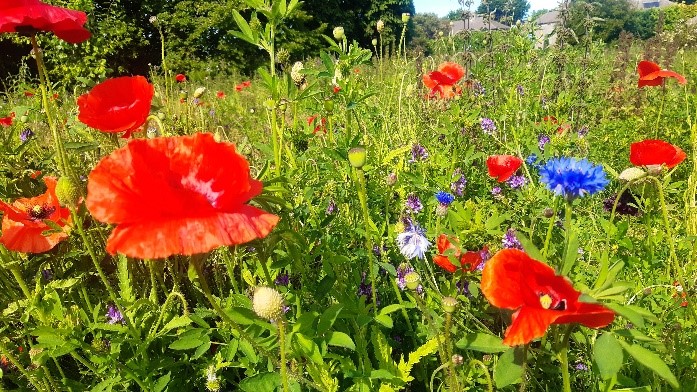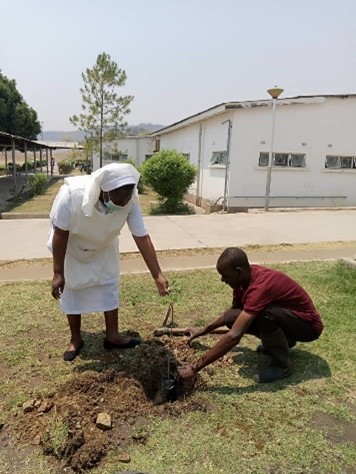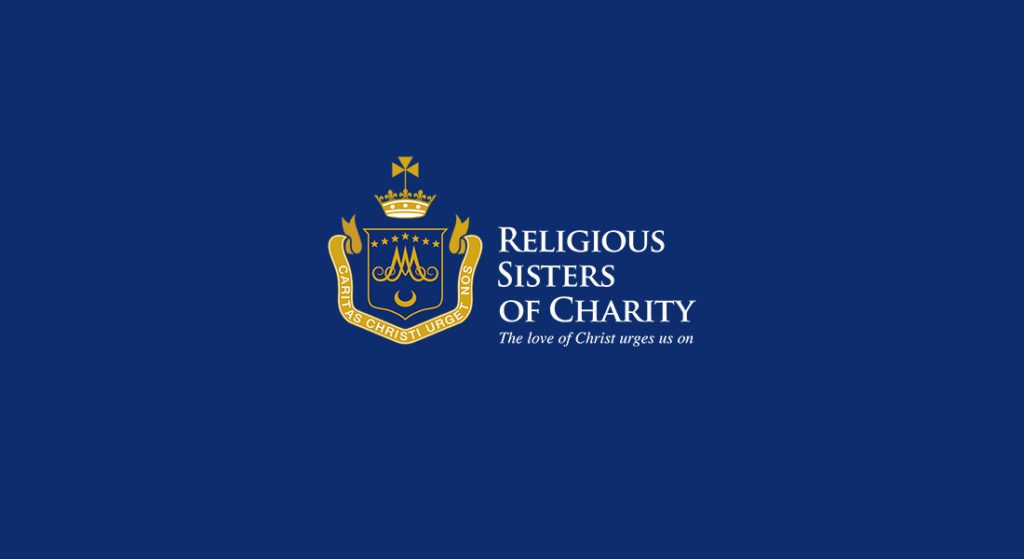
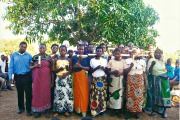 The sisters in Konzalendo, Malawi have been working with the people helping them with adult literacy classes. Here they explain what they have been doing and how it has been received by the people:
The sisters in Konzalendo, Malawi have been working with the people helping them with adult literacy classes. Here they explain what they have been doing and how it has been received by the people:
The desire to read and write is a big need for the people in our parish that is for those who never had the opportunity to go to school. In response to this need we organised seventeen adult literacy classes over the past two years. The class instructors are men and women who live locally and receive a small remuneration for their services.
Our first step was to get lists of names of those who wanted to learn and to identify persons who had the ability to teach. We had a three day training session for the instructors and some months later a refresher course. The facilitator was Mr. Mike Kazembi the Development Officer in the area. The teaching material, students text books and teacher’s guide are provided by the Government. On completion of the course the students should be able to read, write and do maths. Of course their ability to learn is varied and some progress at a slow pace. Because they are all adults they have many distractions, taking care of children, drawing water, working in the fields, trading in the market, looking after sick members of the family, so consequently attendance at class can be irregular. Generally there are fifteen in a class and these are mainly women; very few men join as there is a stigma attached to being unable to read or write.
Classes are held twice weekly and at the end of the course the students take an examination which is set by Mr. Mike Kazembi. A day for graduation is then decided and all who wrote the exam receive a certificate. This is a certificate of attendance, not of achievement, because we want to encourage all to continue learning.
Arrangements were made for the students of Nanchamba Village, Chipho to graduate on the 27th October 2014. At that time Sr. Imelda’s niece, Claire, was visiting and the following is her description of the event.
“Today the adult literacy class of village Nanchamba celebrated their graduation. Sr. Imelda, Sr. Rosemary and I travelled by car to the remote hilltop village of Nanchamba where we were then escorted on foot by the class teacher Douglas Snowdon. Close to the village, we were greeted by a colourful troupe of women singing and dancing to welcome us. After the women shook our hands they guided us to an open space where the village chief and men were waiting under the shade of trees. Everybody shook hands and chairs were placed under the trees for our comfort. Sr. Imelda invited the students, seventeen women and one man, to sit with the group. Children shyly joined their parents.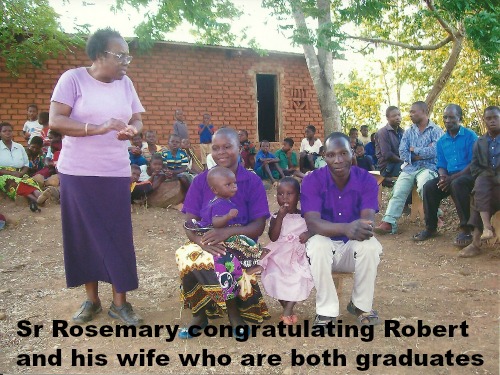 Douglas officiated at the ceremony and, following Malawian tradition, invited the village men, chiefs and Sisters to introduce themselves. Sr. Rosemary delivered an inspiring speech, in the Chichewa language, congratulating the students on their achievements. She discussed the importance of the continuation of education to allow the villagers, their families and communities to develop and progress. The students agreed with her and expressed a desire for more courses to be delivered in their village.
Douglas officiated at the ceremony and, following Malawian tradition, invited the village men, chiefs and Sisters to introduce themselves. Sr. Rosemary delivered an inspiring speech, in the Chichewa language, congratulating the students on their achievements. She discussed the importance of the continuation of education to allow the villagers, their families and communities to develop and progress. The students agreed with her and expressed a desire for more courses to be delivered in their village.
Sr. Imelda called the name of each student and I presented the certificate congratulating them using my rough Chichewa! The students cheered each other enthusiastically and looked genuinely proud and pleased with their achievements. In fact, as one woman was presented with her certificate, her husband jumped up from the crowd proudly shouting, with his flung arm around her, ‘she is my wife, she is my wife!’ and presented her with gifts of Coca Cola, biscuits and soap! This man then made a speech emphasising the importance of education and the benefits it brings to a family.
The village ‘small chief’, speaking in English, expressed his gratitude to the Sisters for their help in facilitating the class. He then switched to Chichewa and addressed the students saying that education helps to communicate with people, not only from Malawi, but also from other countries. He encouraged the students to continue learning.
The ‘big chief’ spoke to the Sisters through a translator. He sincerely thanked them for all of their help over the past few years: enabling digging of the village bore hole, supporting adult literacy classes and four carpentry apprenticeships. He presented the Sisters with a gift of bananas to thank them. The students also offered mangos, handmade brushes and bananas to the Sisters for their support. The students cheered and clapped thanking their teacher, Douglas, and presented him with two bottles of Coca Cola, and biscuits which he shyly accepted.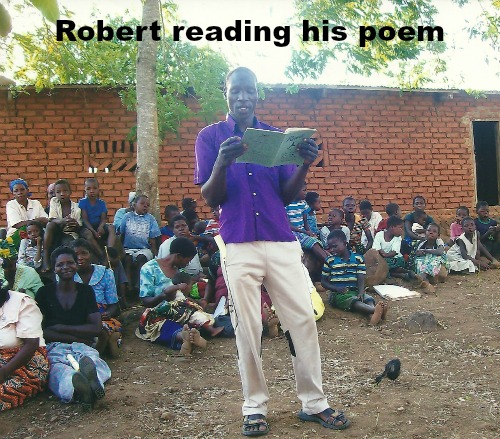 The sole male student, Robert, asked if he could recite some of his poems to the group. This humble man faced the men of the village read his first poem asking them why they didn’t come to class to learn to read and write, it was OK to be shy he said, but more important to educate themselves. The remaining two poems centred on class lessons where he retold stories enunciating, almost singing, the learning points: A-E-I-O-U and emphasising rhymes: kwa, kwe, kwi, kwo, kwu. The Sisters were stunned by his talent and he received appreciative laughter and applause from the audience.
The sole male student, Robert, asked if he could recite some of his poems to the group. This humble man faced the men of the village read his first poem asking them why they didn’t come to class to learn to read and write, it was OK to be shy he said, but more important to educate themselves. The remaining two poems centred on class lessons where he retold stories enunciating, almost singing, the learning points: A-E-I-O-U and emphasising rhymes: kwa, kwe, kwi, kwo, kwu. The Sisters were stunned by his talent and he received appreciative laughter and applause from the audience.
The students had prepared a feast of chicken and rice to celebrate their graduation and we were presented with steaming plates of food. Afterwards we were escorted back down the mountain to the car by the women who helped to carry our gifts in traditional style”
